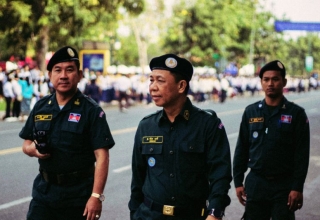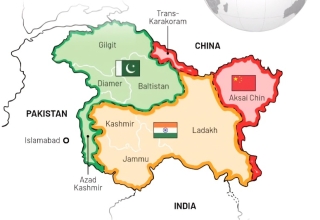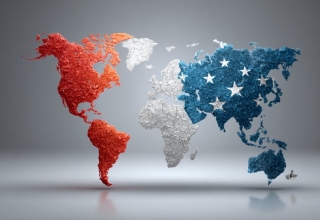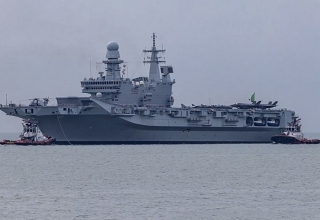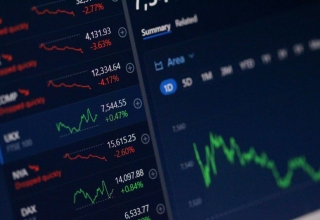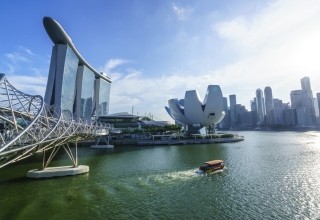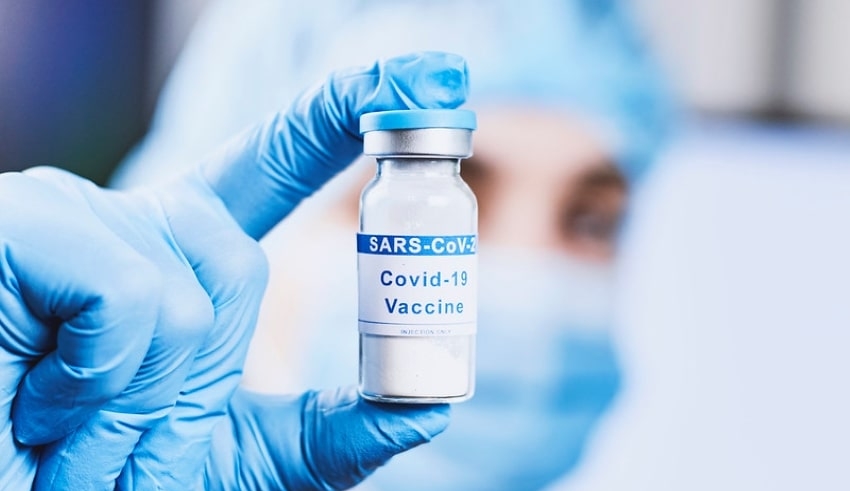
Last updated on January 16th, 2021 at 10:55 am
The House of Representatives will go with their own investigation into the government’s COVID-19 vaccine programme, with a briefing scheduled by the chamber’s health committee.
In view of this, Health Secretary Francisco Duque III and National Task Force Against COVID-19 Chief Implementer Carlito Galvez Jr. are among the people invited to the investigation. Both authorities are supervising the government’s COVID-19 vaccine campaign.
LOOK: Join this webinar to get to know more about the COVID-19 Vaccines. Register in advance for this webinar through this link: https://t.co/STNLviYN9x
— Department of Health (@DOHgovph) January 15, 2021
You may also check out this webinar on the Philippine College of Physicians' facebook page on January 20, 2021 at 6pm. pic.twitter.com/eUhSqxUOMk
Last Monday, the Senate Committee of the Whole had already carried out its own investigation into the same issue.
There, Galvez, who is also a vaccine czar, announced that the much-anticipated COVID-19 vaccination push could begin via the COVAX facility, a forum set up to ensure that COVID-19 jabs meet those in greatest need, as early as February.
Yet several problems still plague the government’s immunization policy. For one thing, the government has yet to announce how much it is investing to import 25 million doses of Sinovac Biotech Ltd.’s vaccine from China. So far, 72 million doses of coronavirus vaccines have been purchased by the national government from Sinovac, the British-Swedish drugmaker AstraZeneca, and the U.S. pharmaceutical firm Novavax.
As it stands, the government is almost halfway towards its goal of obtaining 148 million vaccine doses every month, which relies primarily on the global availability of vaccines.
The Food and Drug Administration of the world released an emergency use permit for the coronavirus vaccine to US pharmaceutical company Pfizer Inc. and its German partner BioNTech SE, which will pave its way for the government to use it.
However, Pfizer, whose vaccine still poses logistics challenges as it has to be processed at ultra-low temperatures of -80 degrees Celsius, has yet to secure a supply contract with the Philippines.
Sadly, In Southeast Asia, the Philippines has the second-worst coronavirus outbreak, coming just next to Indonesia, with over 490,000 cases and over 9,000 fatalities.



